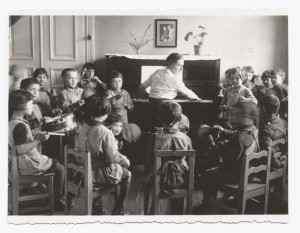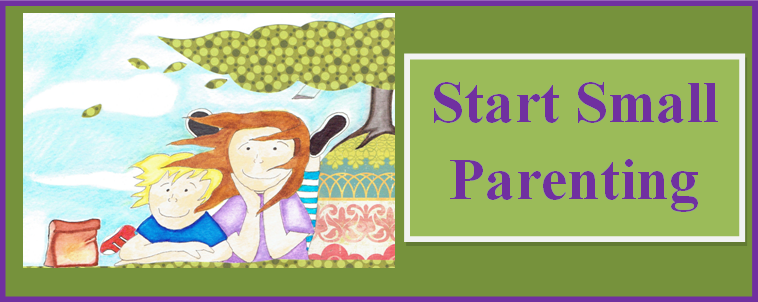 In the “old days,” teachers played the piano in the classroom and the students sang on a daily basis. With budget cuts throughout the country, many music programs have been discontinued. Unless your child goes to a specialized school, music is probably not part of their daily classroom experience. My son has music in his school because I teach it. Not all his friends who go to other schools in our area are so lucky.
In the “old days,” teachers played the piano in the classroom and the students sang on a daily basis. With budget cuts throughout the country, many music programs have been discontinued. Unless your child goes to a specialized school, music is probably not part of their daily classroom experience. My son has music in his school because I teach it. Not all his friends who go to other schools in our area are so lucky.
What are we losing by having less music in our children’s lives rather than more?
BRAIN SIZE
As early as the 19th century, the size of the brain was thought to be positively affected by musical exposure. And the earlier this happens, the better. Just as all children are born with the potential to learn to speak and understand their native language, all children are born with the potential to learn to perform and understand their culture’s music. The youngest infant is wired to receive music.
SPATIAL REASONING
There is a proven link between music training and spatial reasoning. Physicist Gordon Shaw, Ph.D., has published studies showing that children who listened to Mozart and studied piano were far ahead of their peers in math. Perhaps that’s as good a reason as any for keeping elementary music programs.
HIGHER READING SCORES
Students who received daily music training for seven months had higher reading scores at the end than did a control group. A year later, their scores were still higher than the control groups.
ALPHA BRAIN WAVES
Carolyn Gilbreath, a consultant with the Oakland Intermediate School District in Michigan, has studied the concept of “superlearning.” She said one theory is that the right music “sinks the body into alpha (brain) waves.”
MUSIC IS ITS OWN INTELLIGENCE
And then there is the inclusion of music education for its own sake. Music is a way of knowing. The very important idea that music is its own intelligence is often overlooked. According to Harvard psychologist Howard Gardner, it is equal in importance to mathematical, linguistic, spatial, kinesthetic, interpersonal, and intrapersonal intelligence.
Some other findings:
– Infants can distinguish differences in pitch, melody, and rhythm from very early on. In fact, they even seem to recognize music they were exposed to repeatedly in the womb.
– Preschoolers were able to learn body parts better in a lesson that used music and dance as opposed to conventional lessons.
Perhaps, with increased awareness and understanding, concerned parents will have an effect on the inclusion of music programs in all levels of education. What has been your personal experience?


It always seemed to me that music is the bridge between the creative and analytical- the sort of perfect marriage of the best of the two areas of our brains. All the evidence that music improves our mental and emotional states, test scores, and career prospects is impressive, but never more obvious than when we see young kids take their guitars to school so they can play and sing at lunchtime.
As an early childhood music educator and owner of an early childhood music school for the last 10 years, I want to say great job on your blog post. It is so important that we as parents and educators continue to share with those less informed what music has and can do for our children. Without our voices, lawmakers and school districts who are uninformed will fail to realize the impact music actually can make to children’s well-being both intellectually and as a productive member of society. I have yet to find the research saying music isn’t good for our children. Instead, the research only points to how it can positively impact their growing minds. March is music in our schools month so let’s make some noise!!!
Thanks for your post, Jocelyn. A big yay to Music in our Schools month. Anytime a light can shine on the importance of music in education – that gets a big hoorah. Here in Northern California, music in the schools is like the clear-cutting of a forest. Programs are being dropped right and left. Phenomenal music teachers keep losing their jobs. The trend makes my heart sick. But I have hope, too. The research just keeps coming about the positive impact of music. It seems like it will take a movement – by concerned parents, teachers, and administrators – to turn this around.